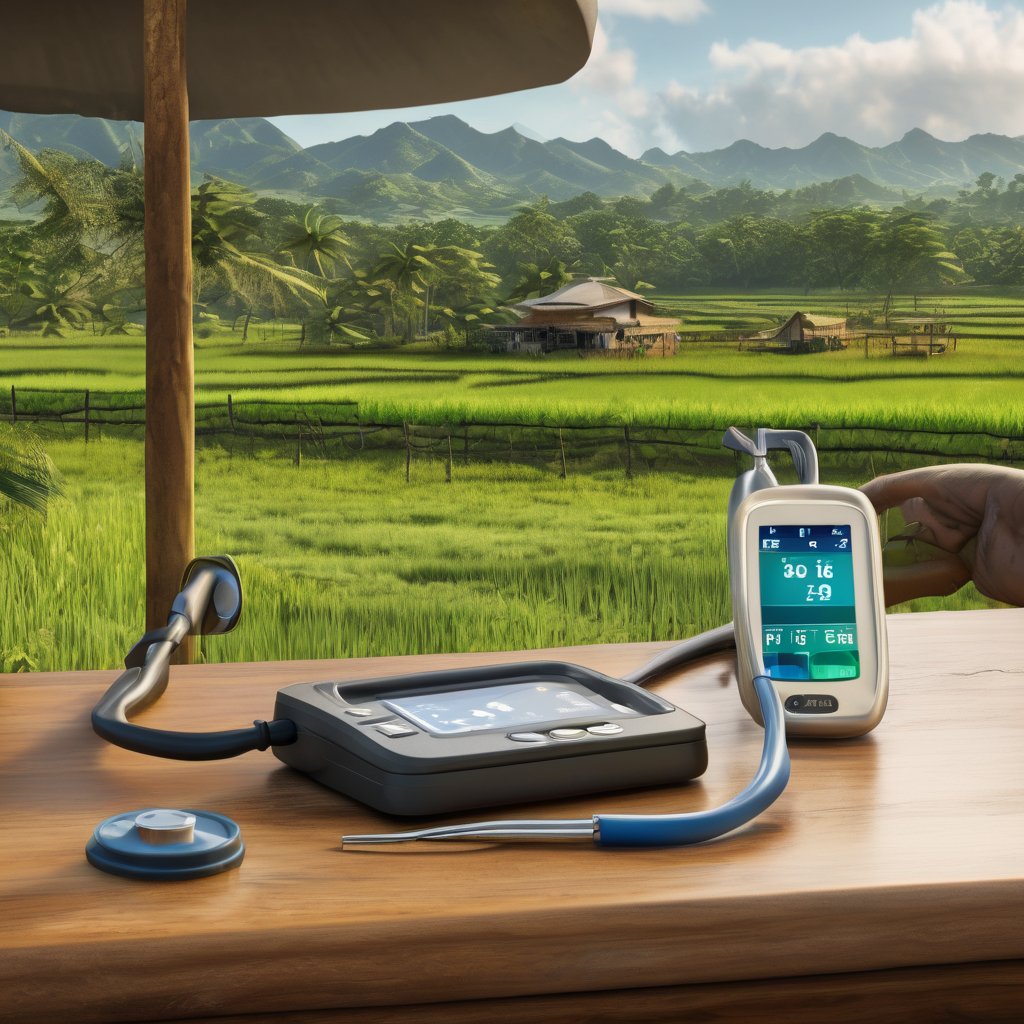Access to quality diagnostic and treatment services for diabetes in Fiji is still fraught with disparities, particularly affecting rural and maritime communities. Kini Marawa, the Executive Director of Diabetes Fiji, pointed out that these communities face significant challenges such as delays in service delivery and limited availability of medications and diagnostic tools. Conversely, urban centers like Suva, Lautoka, and Labasa offer better access to clinical services and specialists.
In response to these inequities, Diabetes Fiji has expanded its community outreach efforts across the country. The organization has initiated regular community-based wellness screenings, identifying non-communicable diseases early, including diabetes. Additionally, Diabetes Fiji facilitates peer support groups that meet weekly, where members monitor glucose levels and provide emotional support to those living with diabetes.
Marawa also highlighted the pressing need for enhanced capacity-building programs aimed at healthcare workers, including nurses and doctors, to improve diabetes management and wound care. The organization collaborates with businesses and educational institutions to foster healthier environments and advocate for lifestyle changes that could mitigate the risk of diabetes.
Despite these proactive measures, Marawa stressed that systemic changes are urgently required. He emphasized the necessity for a more decentralized and well-funded primary healthcare system, ensuring that no citizen is disadvantaged based on geography. Diabetes remains one of Fiji’s leading causes of death and disability, and addressing these access gaps is critical in reversing the alarming trend of the diabetes epidemic.
The call for a united national strategy against diabetes resonates with prior discussions surrounding the alarming rise in undiagnosed diabetes cases in Fiji. Marawa previously noted that inadequate health data hampers effective planning and management, while also highlighting the shortage of healthcare specialists as a barrier to care. Recent data indicated that about 30% of the Fijian population is diagnosed with diabetes, underscoring the urgency for improved health promotion and services.
As awareness around this public health crisis grows, there is a palpable sense of hope. Collective action and community engagement in preventive health measures are being recognized as vital steps forward. With coordinated efforts, Fiji has the potential not only to improve health outcomes for individuals living with diabetes but also to foster a more sustainable health system capable of tackling similar challenges in the future.
